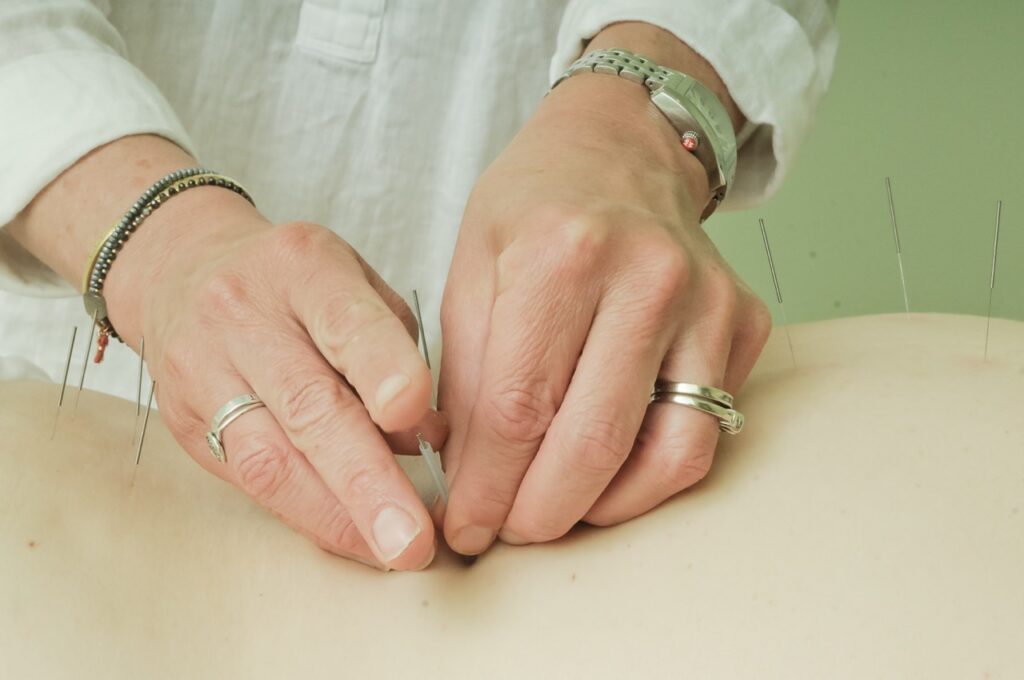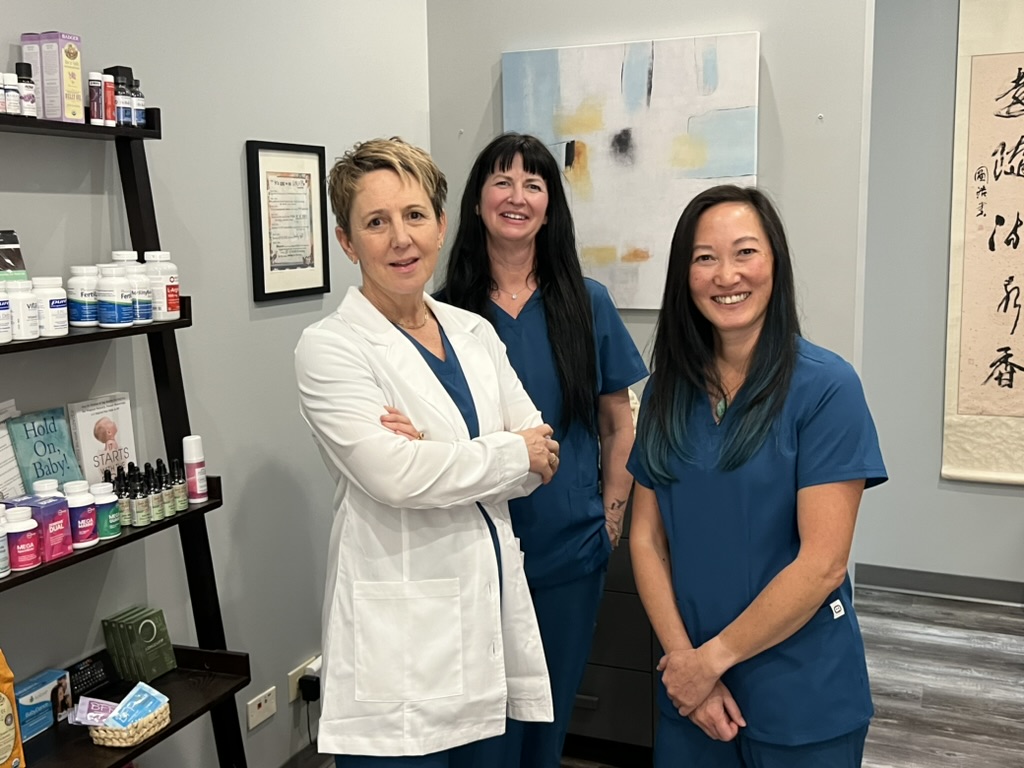For centuries, acupuncture and Traditional Chinese Medicine (TCM) have offered holistic approaches to managing a wide range of health concerns. Rooted in ancient wisdom and supported by modern research, these therapies provide a comprehensive framework for addressing internal medicine disorders by focusing on balance, harmony, and the body’s innate ability to heal.

Acupuncture: A Precision Therapy for Internal Health
Acupuncture involves the insertion of thin, sterile needles into specific points on the body to regulate the flow of energy and circulation to activate the body’s self-healing mechanisms.

How Acupuncture Works:
- Regulation of Qi: Acupuncture unblocks and redirects stagnant Qi, promoting smooth energy flow throughout the body.
- Neurochemical Effects: Scientific studies have shown that acupuncture stimulates the release of endorphins, modulates inflammatory responses, and enhances blood circulation.
- Nervous System Regulation: Acupuncture affects the autonomic nervous system, promoting relaxation and reducing stress-related impacts on internal organs.
Conditions Treated by Acupuncture in Internal Medicine:
- Digestive Disorders: Irritable bowel syndrome (IBS), acid reflux, constipation, and gastritis.
- Respiratory Conditions: Asthma, allergies, chronic bronchitis, and sinusitis.
- Cardiovascular Health: Hypertension, palpitations, and stress-related cardiovascular issues.
- Endocrine and Metabolic Disorders: Diabetes, thyroid imbalances, and hormonal irregularities.
- Chronic Pain Syndromes: Fibromyalgia, chronic fatigue syndrome, and migraines.
- Women’s Health Issues: Menstrual irregularities, premenstrual syndrome (PMS), menopausal symptoms, and fertility support.


Herbal Medicine: A Complementary Approach
Chinese herbal medicine is often used alongside acupuncture to enhance therapeutic outcomes. Customized formulas are developed to target specific imbalances and support the body’s internal systems. Herbs are chosen for their unique properties to tonify deficiencies, expel excesses, and harmonize organ function. We use only the highest-quality GMP certified herbs in our pharmacy and can create a custom formulas just for you.
Why Choose TCM for Internal Medicine Disorders?
- Holistic Perspective: TCM considers physical, emotional, and environmental factors contributing to health.
- Individualized Care: Treatments are tailored to each patient’s unique constitution and symptoms.
- Minimal Side Effects: TCM therapies prioritize natural approaches with fewer adverse reactions.
- Preventive Focus: By identifying and addressing imbalances early, TCM supports long-term wellness.

Integrating TCM with Modern Medicine
Many patients find that combining TCM with conventional medicine provides the most comprehensive care. For example, acupuncture can complement pharmaceutical treatments by reducing side effects, enhancing efficacy, and improving overall quality of life. We are happy to confer with your physician about your care and defer to their expertise in managing your case from a biomedical point of view.
What to Expect from Your TCM Journey
Your journey begins with a detailed consultation to understand your health history, lifestyle, and current concerns. A TCM practitioner will assess your pulse, tongue, and other diagnostic markers to develop a personalized treatment plan. Consistent follow-ups help us track progress and adapt treatments as needed.
If you’re seeking a holistic approach to managing internal medicine disorders, acupuncture and Traditional Chinese Medicine offer time-tested solutions rooted in natural healing principles. Discover how these therapies can restore balance, relieve symptoms, and enhance your overall well-being.